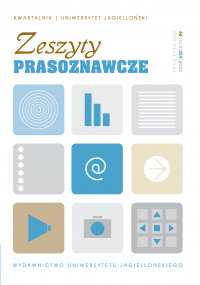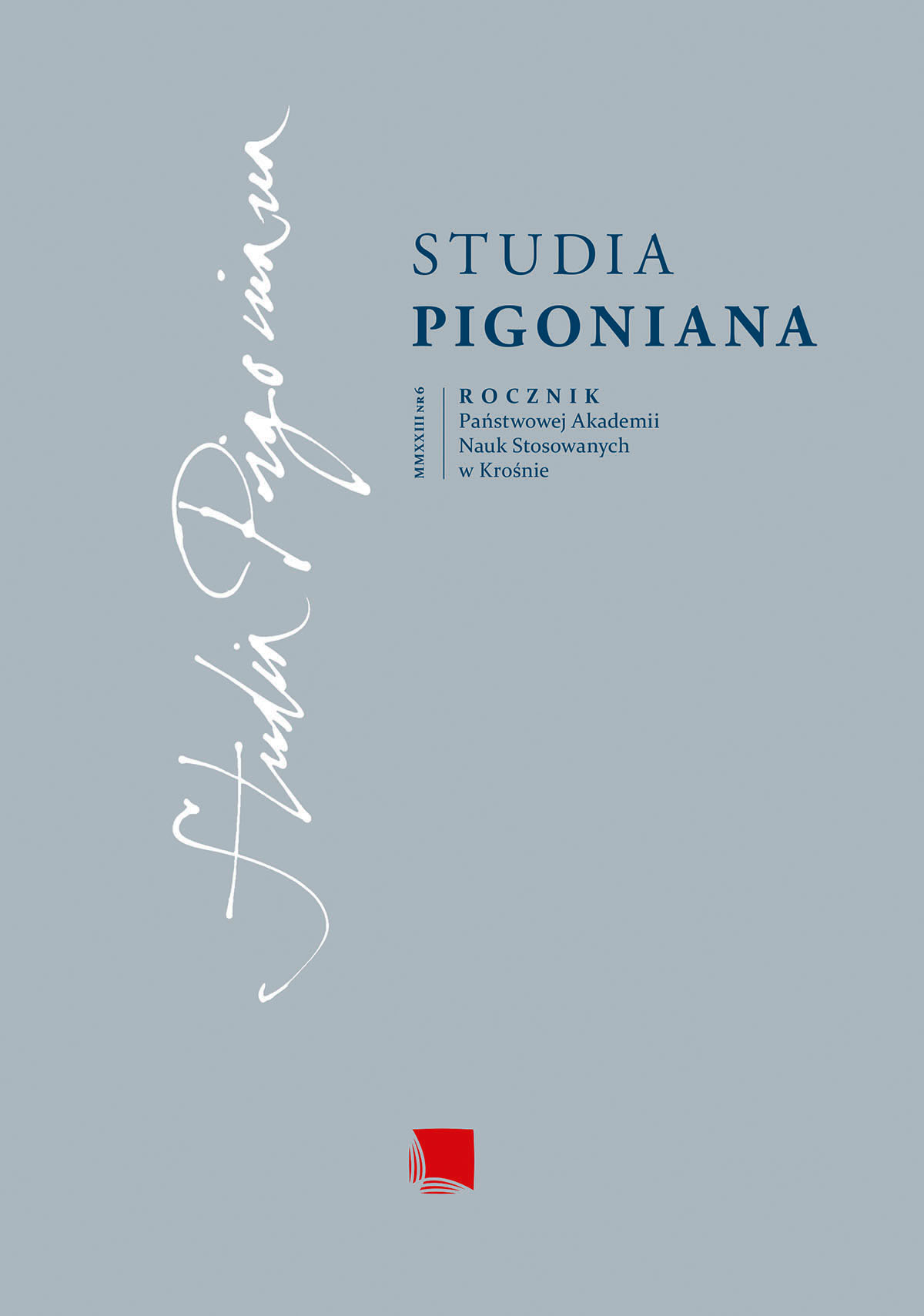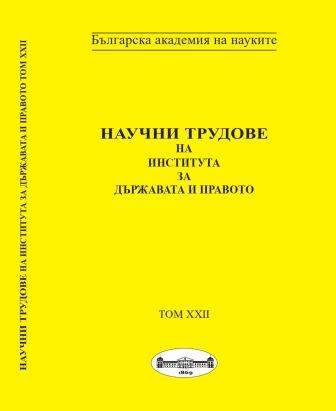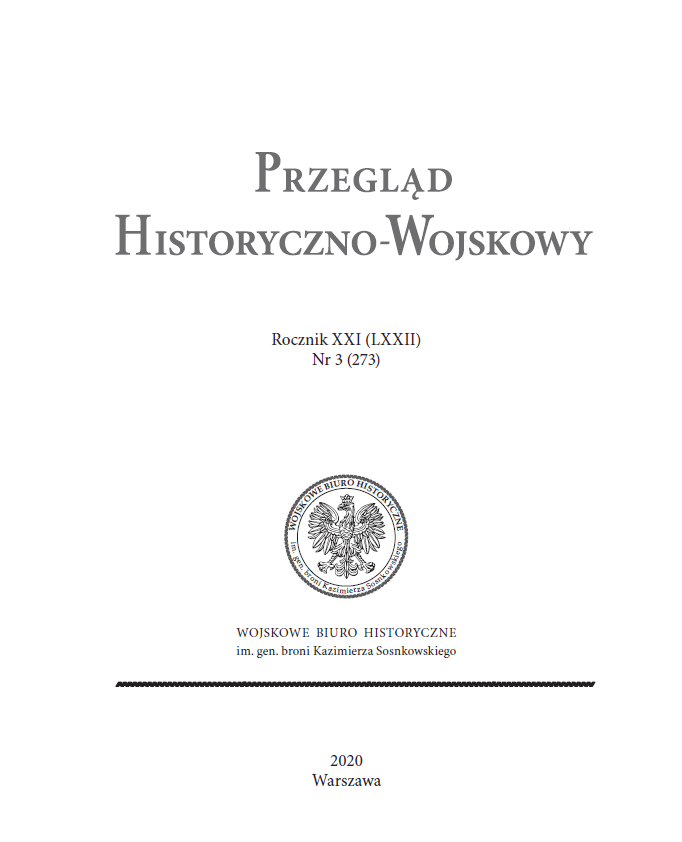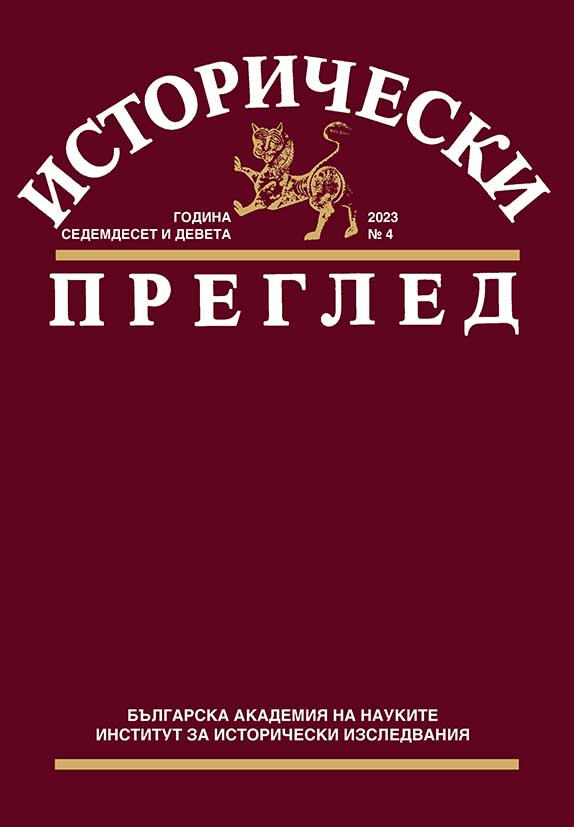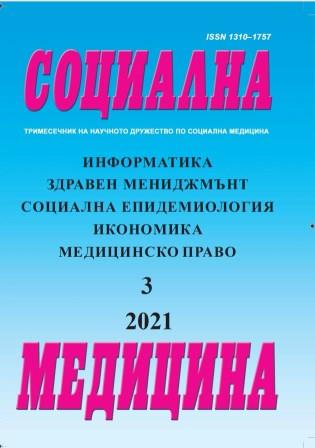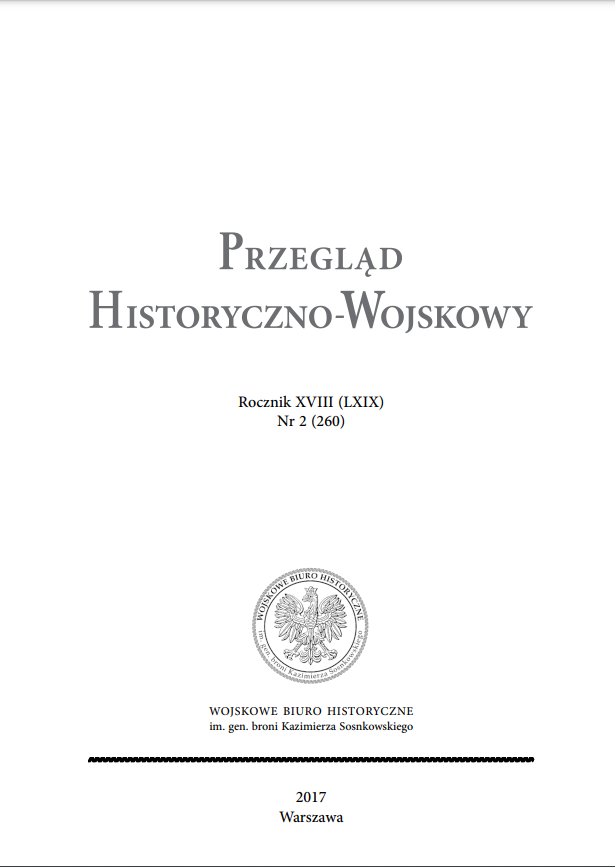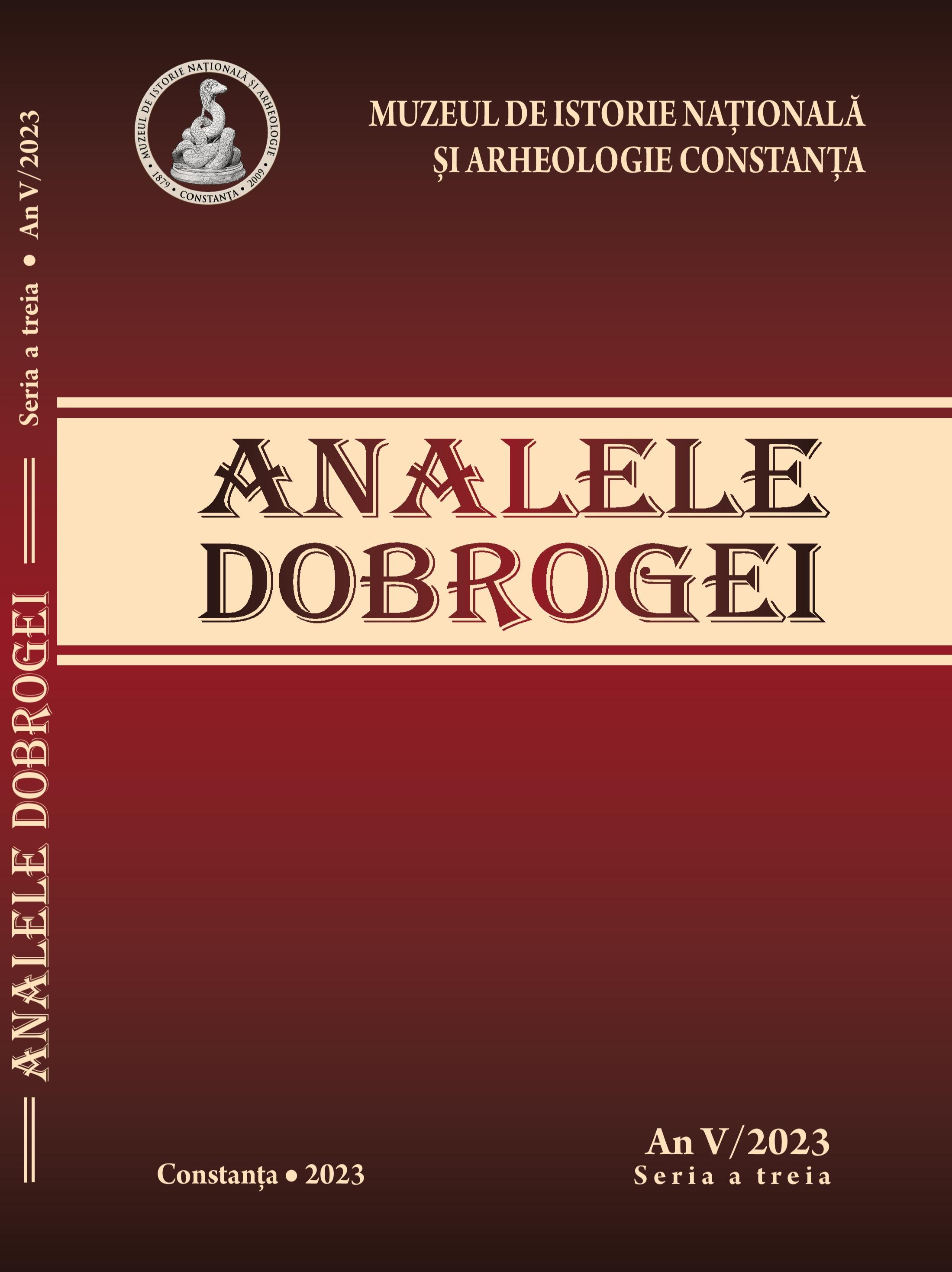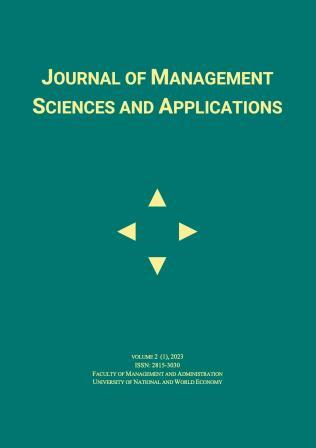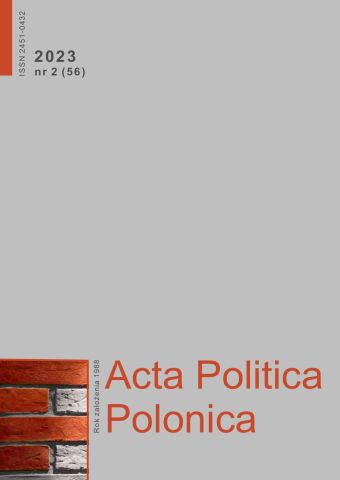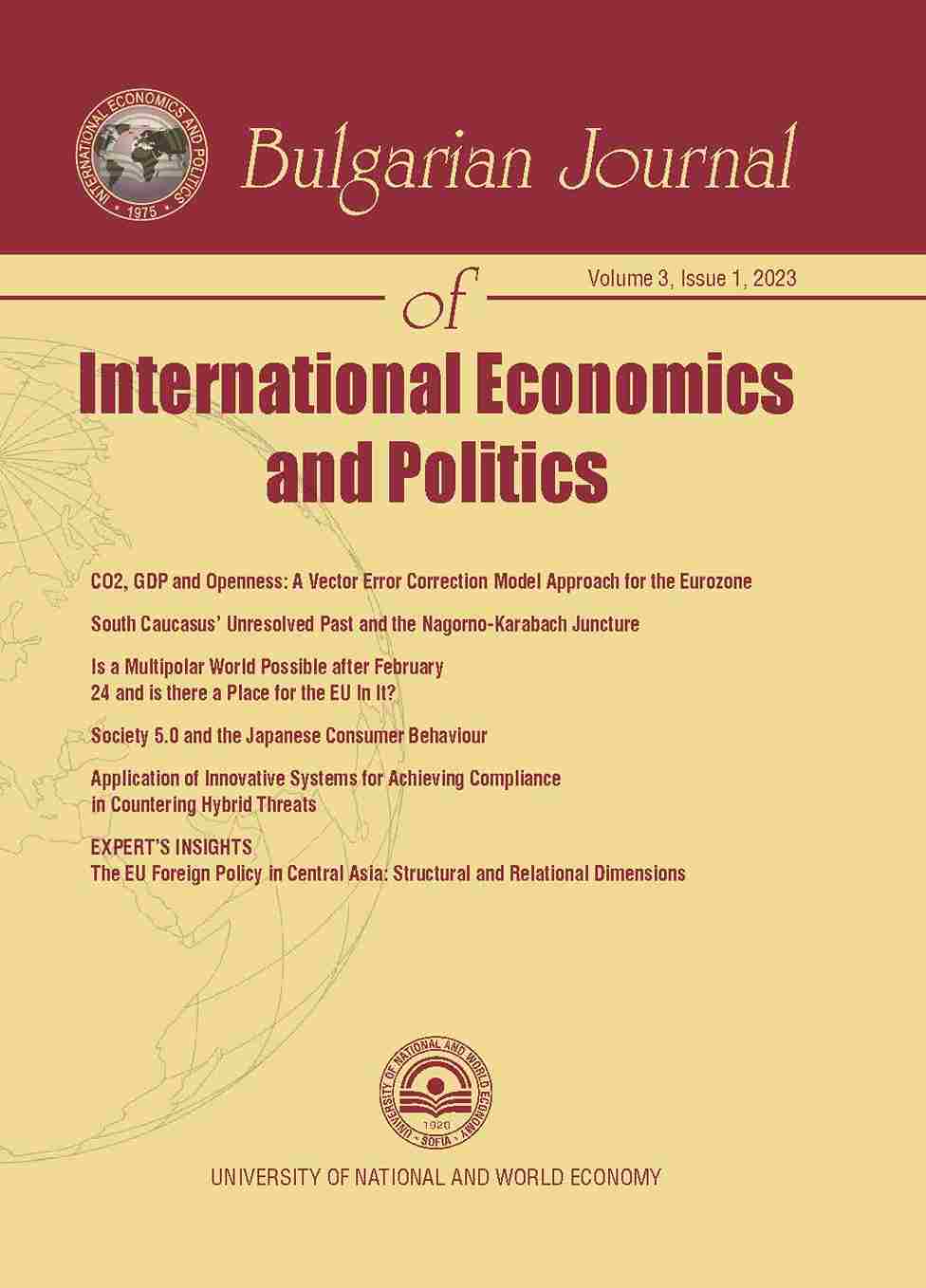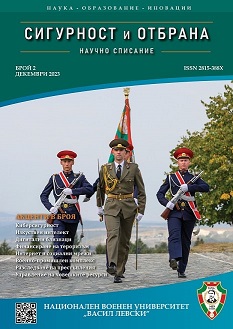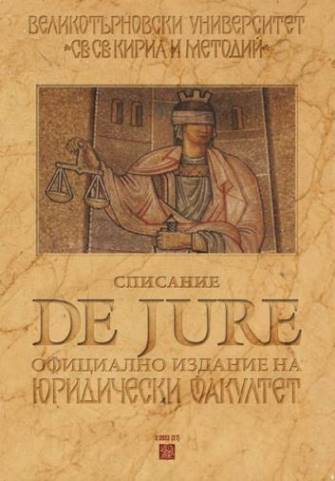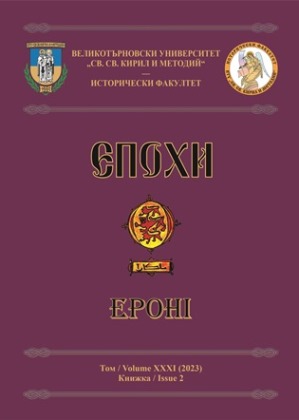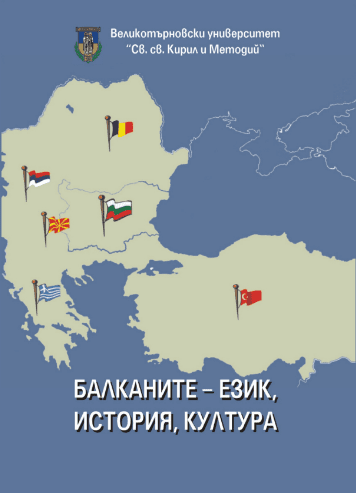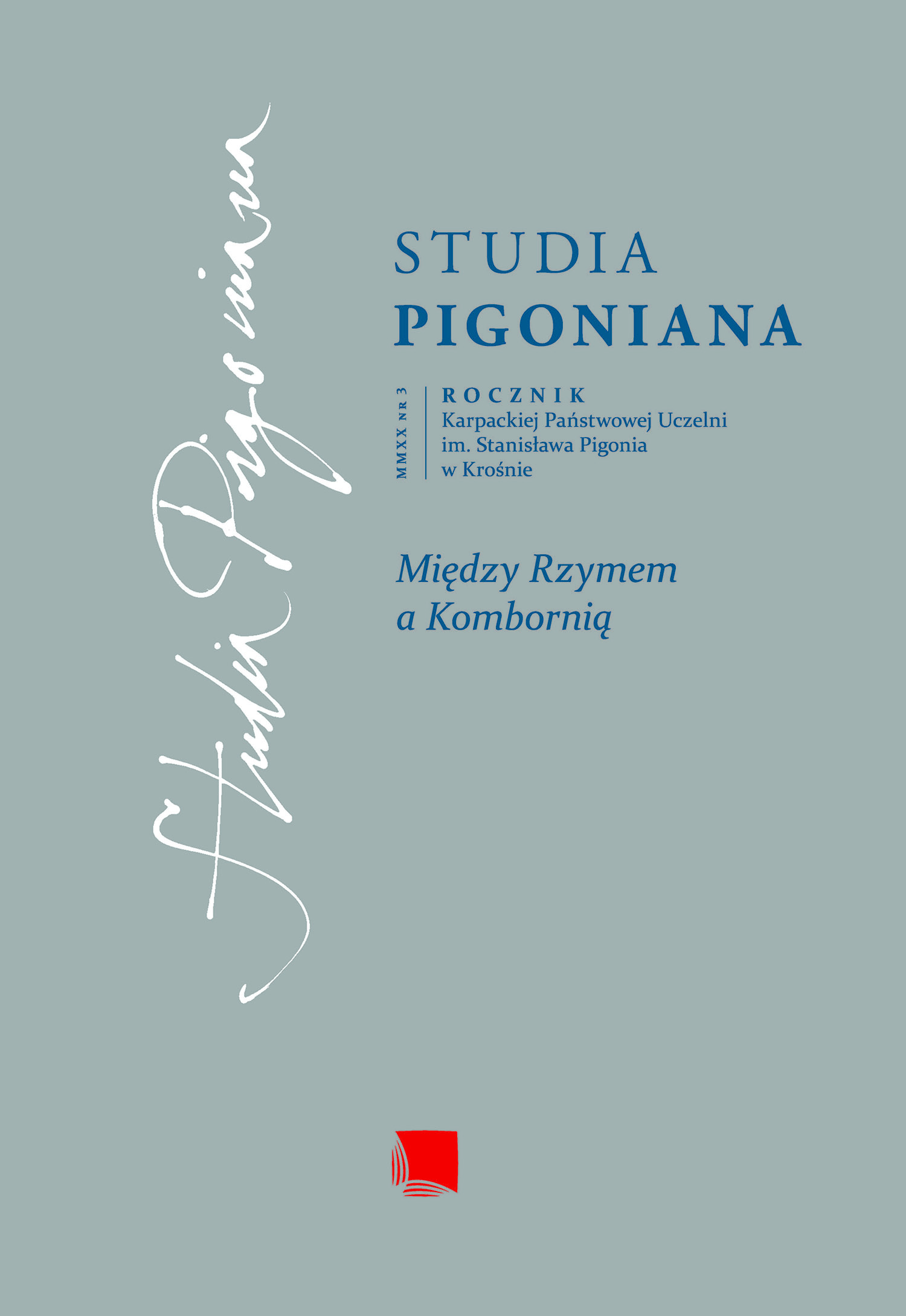
Русь и её святые в славянском учении Иоанна Павла II. Между историей и настоящим
The article attempts a synthetic description of the attitude of John Paul II – “the Pope from Poland” – to the religious tradition of Kievan Rus, a territory of shared spiritual and historical heritage for Russia, Ukraine, and Belarus. Identifying himself with the heritage of the Jagiellonian Polish-Lithuanian Commonwealth, John Paul II preached the “ecumenism of a greater Europe” in his official documents and statements, during his pilgrimages, and through the example of his own life. His teaching encompassed both, the Catholic West and Central Europe, with their spiritual patron in the figure of St. Benedict, as well as the Orthodox and Greek Catholic Eastern Europe, patroned by the brother saints Cyril and Methodius. Speaking of European spirituality the Polish Pope often referred to the metaphor of “the two lungs of Christianity” coined by the Russian symbolist poet and thinker, Vyacheslav Ivanov, in 1930. This broad ecumenical concept, which stands at the basis of the Pope’s vision of “Europe from the Atlantic to the Ural Mountains,” brings together the Roman Catholics, the Greek Catholics of the Byzantine Rite, and the members of all the Orthodox churches functioning among the nations of southern and eastern Europe. The article underlines the importance of the ecumenical stance of the Polish Pope and shows how his openness towards the Russian Orthodox Church prepared ground for the first historical meeting of a pope and a patriarch of Moscow – this epochal event happened in Cuba on 12 February 2016 between Pope Francis I and the Patriarch of Moscow and all Rus’ Cyril I.
More...
